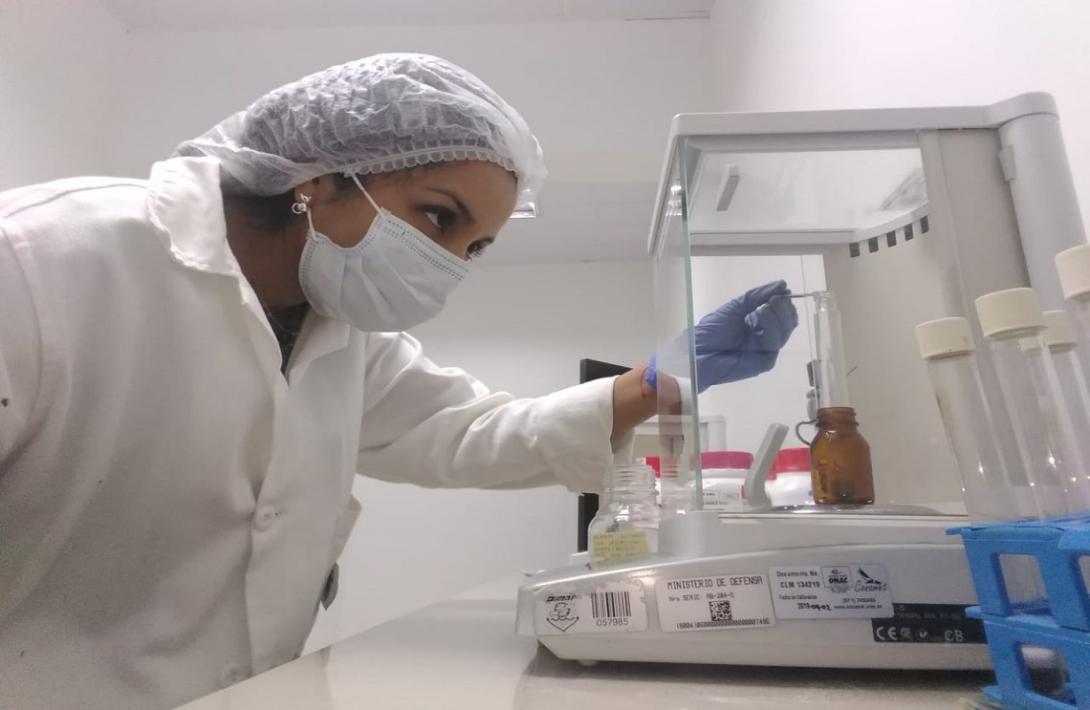The Directorate General Maritime (DIMAR), through the Center for Oceanographic and hydrographic research of the Pacific (CCCP in Spanish), conducts for the first time, instrumental techniques that seek to contribute to the protection and conservation of sea ecosystems with the analysis of the fuel footprint in sediment samples.
To do this, CCCP, through its laboratory in the Pacific, uses the latest technology to provide high sensitivity instruments to generate reliable information, and implements a methodology with a focus on forensic procedures leading to differentiate the origin, or source responsible for the event of contamination by spills of fuel, which in most cases has a direct relationship with activities of transportation of petroleum or derivatives; in the same way, it is able to classify them according to their possible source, such as: pyrogenic or biogenic, the latter corresponding to natural processes, among others.
In that sense, the process starts with the collection of sediment samples by means of a dredge, once it completes this process in the field, continues with the drying, screening, extraction of the components of interest with solvent s, concentration of the extracts with rota-evaporators, cleaning and preparation, through column chromatography; to finally be analyzed by gas chromatography coupled to triple mass spectrometry of four poles.
In the same way, this new methodology provides information to define strategies for monitoring and restoring sea ecosystems damaged by fuel spills; it in the same way provides tools that help decision-making by the Colombian Maritime Authority.
Source: press-Directorate General Maritime





